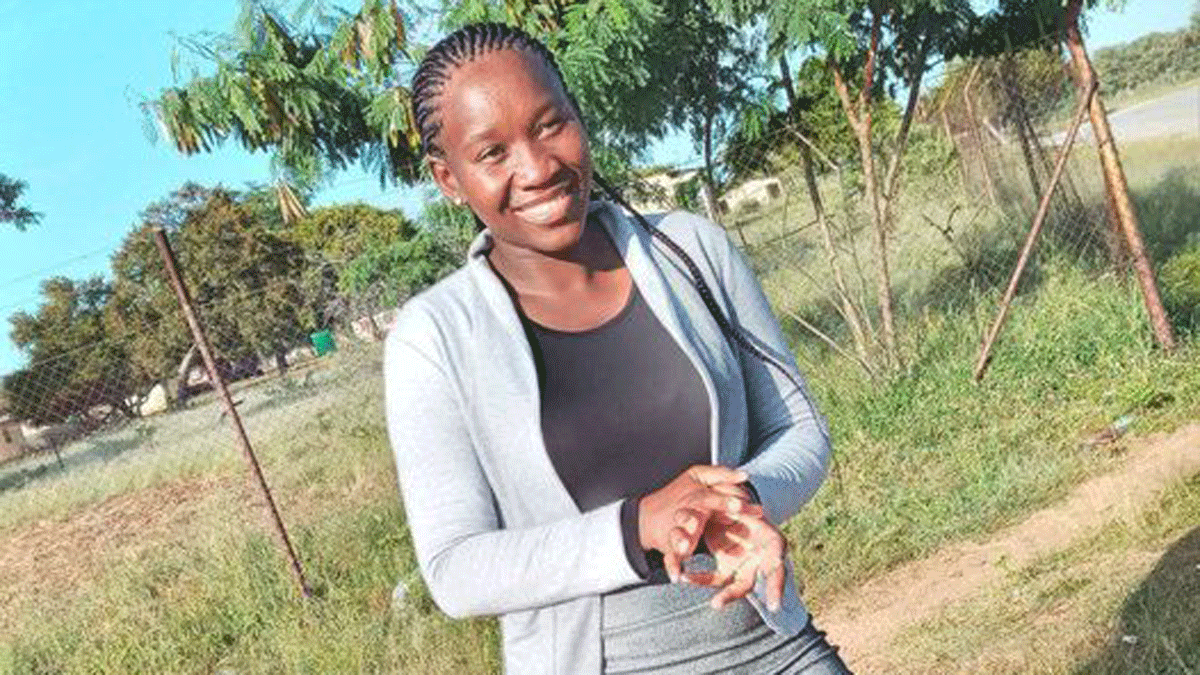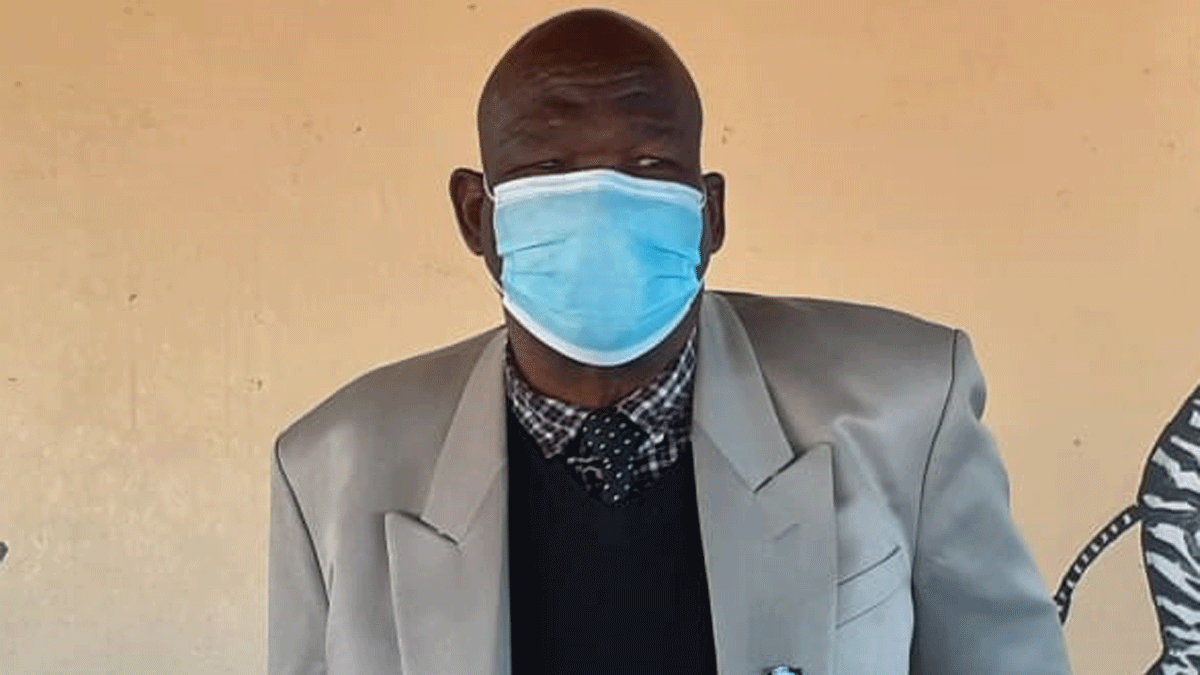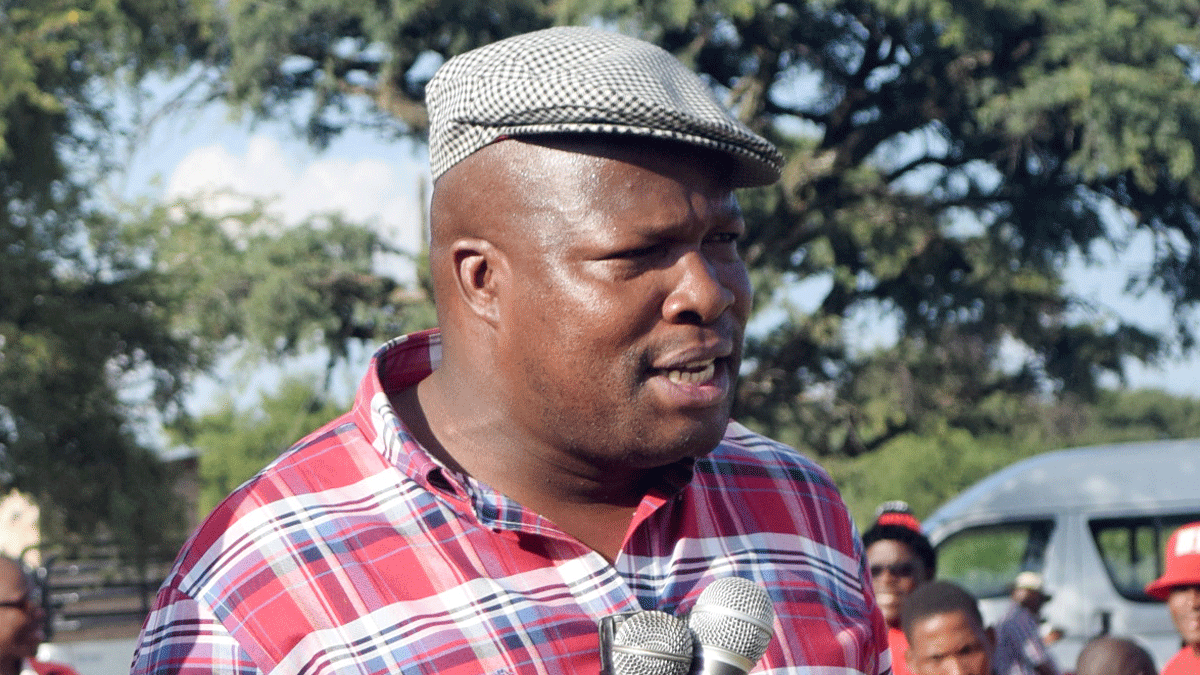Government is in the process of developing a policy to promote quality teaching and learning, by ensuring that learners are taught using their mother tongue at the early stages of their Primary Education.
This was said by the Vice President, Slumber Tsogwane, last week when responding to a question by Member of Parliament for Ngami, Carter Hikuama.
Tsogwane said the program which will be called the Language Policy on Education will be part of the preparatory work on the development of the policy.
The Ministry of Basic Education, in collaboration with the Department of African Languages at the University of Botswana, organized a consultative stakeholder seminar in March 2020 to solicit views on the use of mother tongue in schools. “Participants included representatives of the Parliamentary Committee on Education, representatives of various language advocacy groups, trade unions, representatives of UNICEF and EU, and, select teachers at lower primary school level.”
Tsogwane said that the Seminar recommended a fact-finding survey to ensure that the introduction of mother tongue in schools would be informed by realities on the ground, appreciating the extensive research work that had been done in the past on the subject matter.
“A survey was subsequently carried out in regions where languages other than Setswana are dominant. These include; Kgalagadi, Ghanzi, Central, North East, Chobe, Tutume, Ngami and, Kweneng West. Data was collected from Dikgosi, Parent Teacher Association Committee members, school heads, reception class teachers, teacher aides, standard1 teachers and learners.”
He said that further consultations with other stakeholders are ongoing after which the draft policy with an Implementation Plan will be presented to Cabinet for consideration and eventually to Parliament in the 2021/22 financial year.
The Vice President said that to demonstrate Government’s commitment to the use of mother tongue in schools, there were already teacher aides engaged in areas such as North West, Kgalagadi, Ghanzi, Chobe, and some parts of Central, Kweneng and Southern Districts, where early childhood learners are supported to learn by teacher aides who speak their mother tongue.
He noted that the use of mother tongue in schools require extensive preparations to attain the intended objectives. “This include the development of orthography, producing learning materials, and training of teachers. Currently, languages which have their orthographies developed are Ikalanga, Afrikaans, Otjiherero, Thimbukushu and Shiyeyi. Orthography of other dominant languages will continue to be developed in due course,” he added.
He added that the Botswana Democratic Party has, in its 2019 Election Manifesto, committed itself to introducing the teaching of various indigenous languages in classrooms, if elected into power.
“This commitment was in recognition of our diversity and the need to move us forward as a nation with a common vision and is found on Page 38 of our Manifesto.”
Hikuama wanted the Vice President to update the House on Government’s position and readiness regarding the teaching of minority languages in schools as promised by the Ministry of Basic Education and for their inclusion in socio-economic and political spheres of life in Botswana.





















